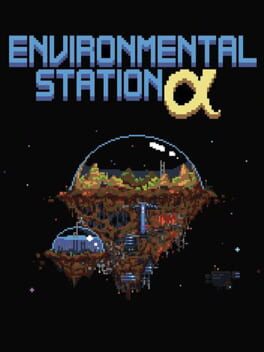In many ways, I think comparison is a disservice. Although it often serves as an easy point of reference, it can carry unintended consequences. ESA could be classified as a Metroidvania. Hell, I would even classify it as a Metroidvania. The problem with that comparison is that ESA offers an experience that differs greatly from its contemporaries. Yes, that experience is adjacent to Super Metroid, Hollow Knight, Blasphemous, Symphony of the Night, etc. but to hone in on their similarities would undermine that uniqueness that each of those games (ESA included) brings to the table.
Maybe a better comparison would be to a game like TUNIC, where the most interesting part of the game can’t be gleaned from a simple genre-based comparison. Both of these have layers upon layers of secrets and puzzles lying in plain sight. Both of them have expansive post-games that require the player to engage with them in non-conventional ways. Both of these games appear to be iterations of their respective genres (for TUNIC, just look at the protagonists' design as proof of this alone), and they both use this to exceed the players expectations. This was the part of ESA that I loved the most, and it’s the part that most won’t worry to talk about due to the favorability of taking a direct comparison to Super Metroid.
It's this aspect that allows ESA to stand among the giants of the genre, not as a direct competitor for the spotlight, but as an equally worthy experience that is content in a supporting role.
Maybe a better comparison would be to a game like TUNIC, where the most interesting part of the game can’t be gleaned from a simple genre-based comparison. Both of these have layers upon layers of secrets and puzzles lying in plain sight. Both of them have expansive post-games that require the player to engage with them in non-conventional ways. Both of these games appear to be iterations of their respective genres (for TUNIC, just look at the protagonists' design as proof of this alone), and they both use this to exceed the players expectations. This was the part of ESA that I loved the most, and it’s the part that most won’t worry to talk about due to the favorability of taking a direct comparison to Super Metroid.
It's this aspect that allows ESA to stand among the giants of the genre, not as a direct competitor for the spotlight, but as an equally worthy experience that is content in a supporting role.
